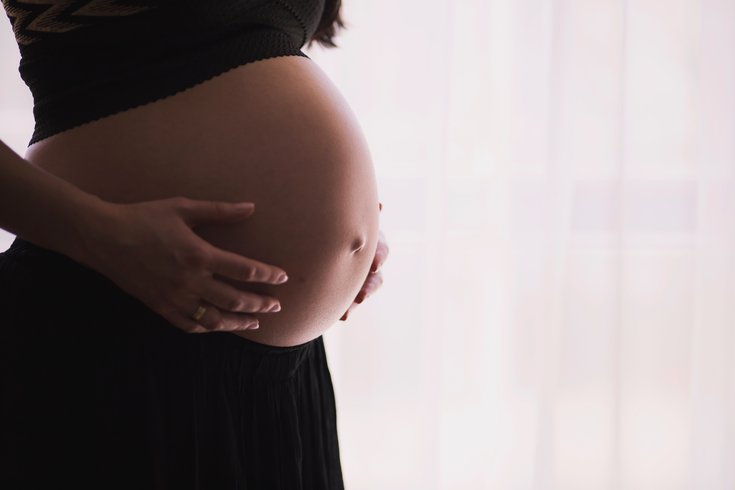
July 03, 2023
 freestocks/Unsplash
freestocks/Unsplash
The U.S. maternal mortality rate jumped from 12.7 deaths per 100,000 births in 1999 to 32.2 per 100,000 in 2019, a new study finds. All racial groups saw increases, but Black Americans had the highest rate, at 55.4 per 100,000.
Maternal mortality has risen dramatically across all racial groups in the United States, but Black and American Indian mothers are dying at especially alarming rates, according to a new study.
Research published Monday in the Journal of the American Medical Association tracked maternal deaths across U.S. states between 1999 and 2019, and reported surges in every demographic. The number of deaths per 100,000 live births increased from 12.7 to 32.2 overall in that period. But the highest death rates were observed among the Black population, where the number rose from 26.7 to 55.4.
American Indian and Alaska Native populations experienced the biggest rate increase – from 14 to 49.2. The rate jumped from 9.6 to 20.9 among Asians, native Hawaiians and Pacific Islanders, and from 9.6 to 19.1 among Hispanics. For white mothers, the rate rose from 9.4 to 26.3.
"It's a call to action to all of us to understand the root causes — to understand that some of it is about health care and access to health care, but a lot of it is about structural racism and the policies and procedures and things that we have in place that may keep people from being healthy," Dr. Allison Bryant, a co-author on the study and a senior medical director for health equity at Mass General Brigham, told the Associated Press.
Maternal mortality is defined as death during pregnancy, childbirth or from complications up to a year after delivery. For the JAMA study, researchers included pregnant or recently pregnant people between the ages of 10 and 54. They concluded that current mortality prevention efforts "appear to have had a limited impact" and called for further monitoring and data collection.
The United States has the highest rate of maternal deaths among developed nations, according to a 2020 study from the Commonwealth Fund. More than half of those deaths occurred after childbirth, while only 17% happened during delivery and another 31% occurred during pregnancy. Common causes include infection or sepsis, hemorrhage, cardiomyopathy and other cardiovascular conditions.
Researchers suggested that the shortage of maternal care providers, especially midwives, relative to U.S. births might play a role. The U.S. also was the only country in the 2020 study without guaranteed parental leave or access to medical home visits.
Follow Kristin & PhillyVoice on Twitter: @kristin_hunt
| @thePhillyVoice
Like us on Facebook: PhillyVoice
Have a news tip? Let us know.